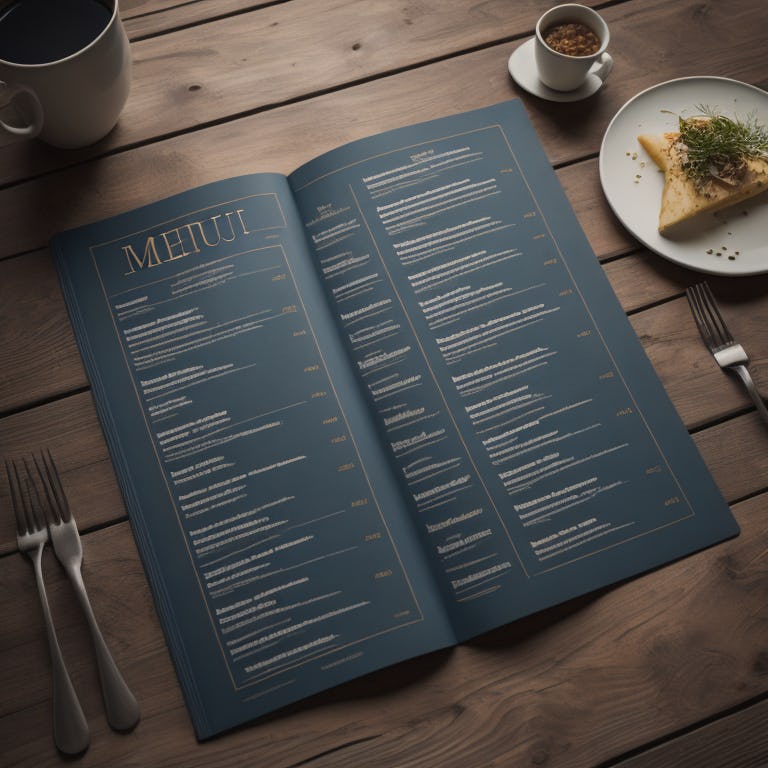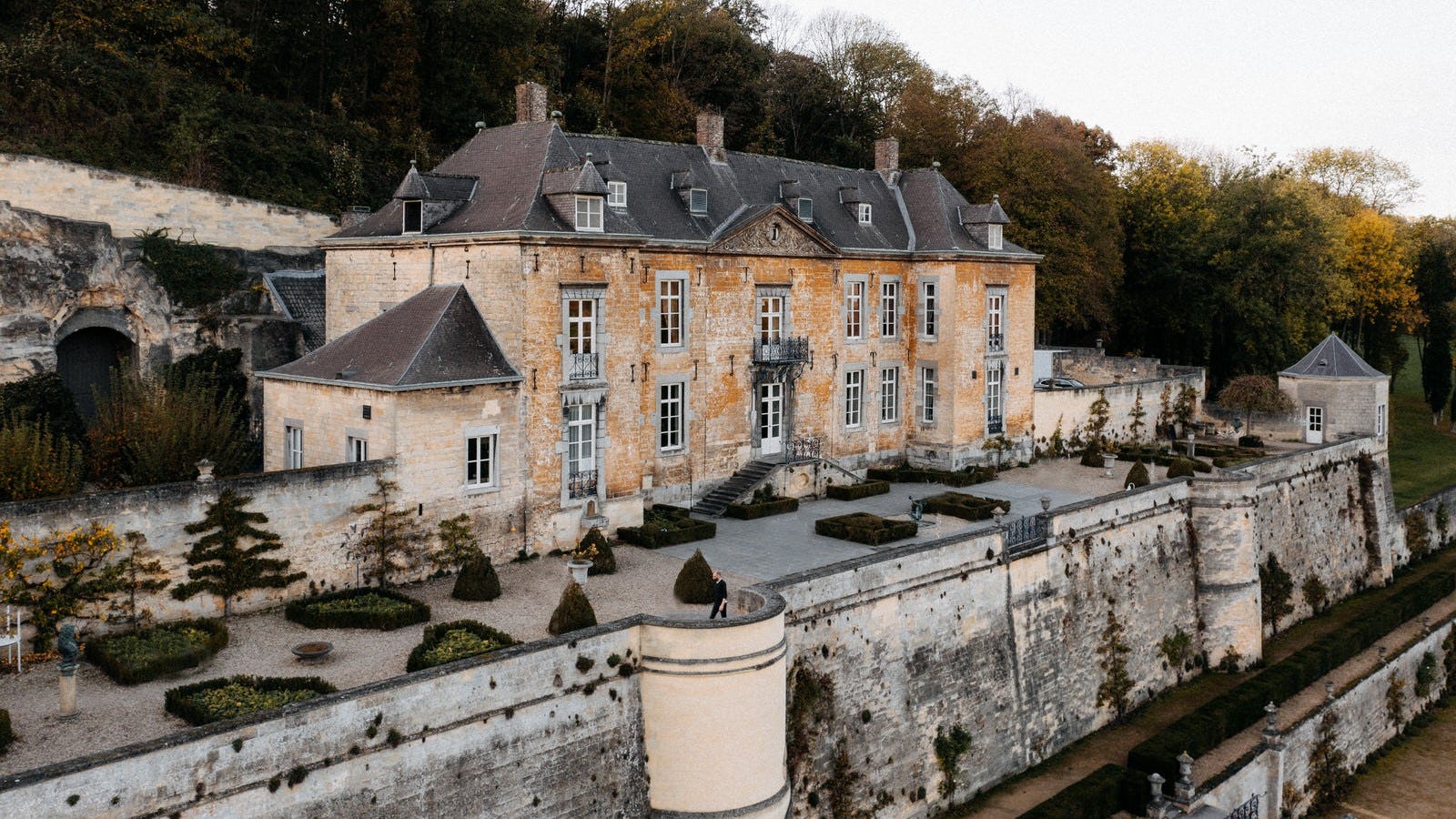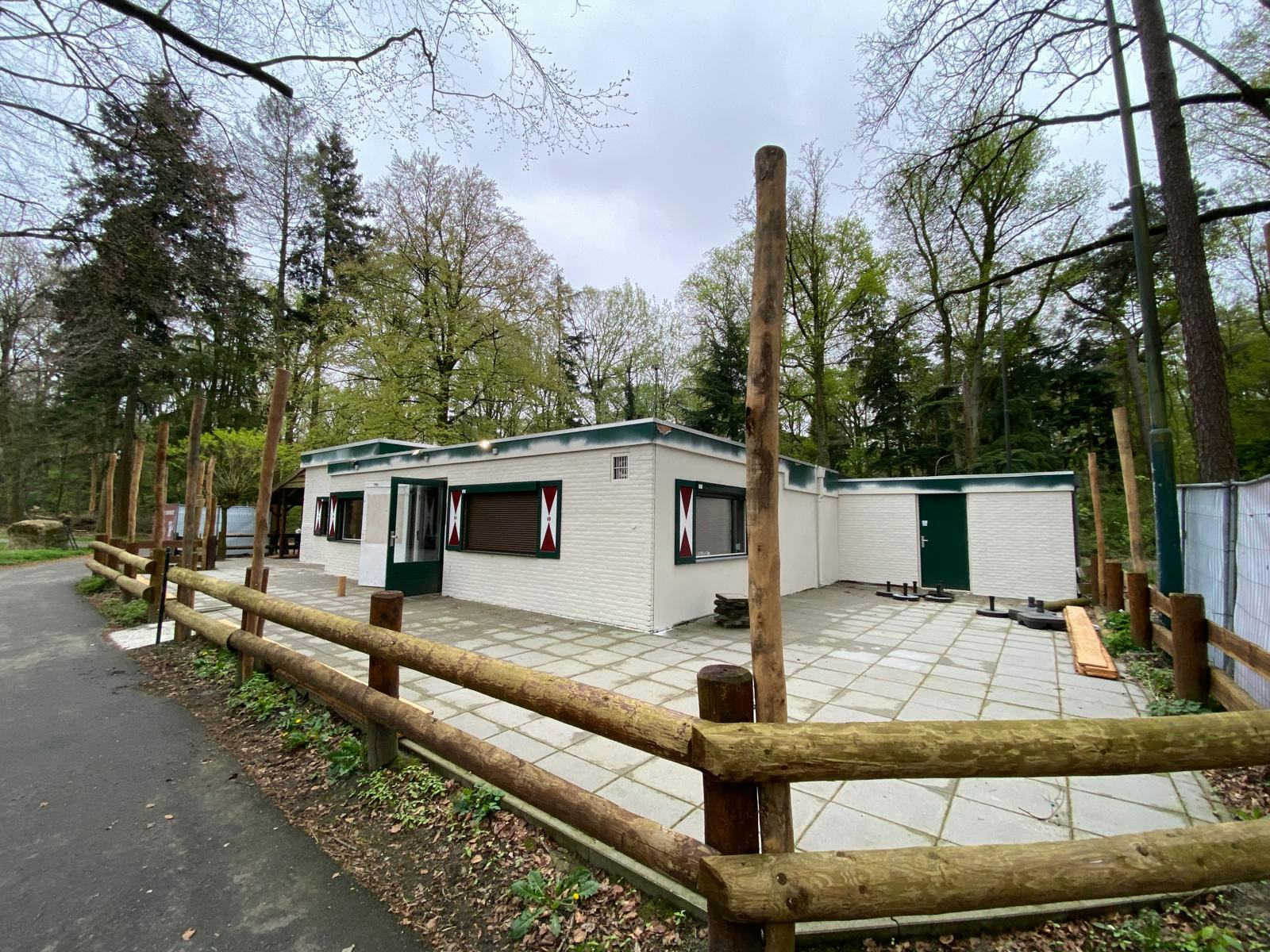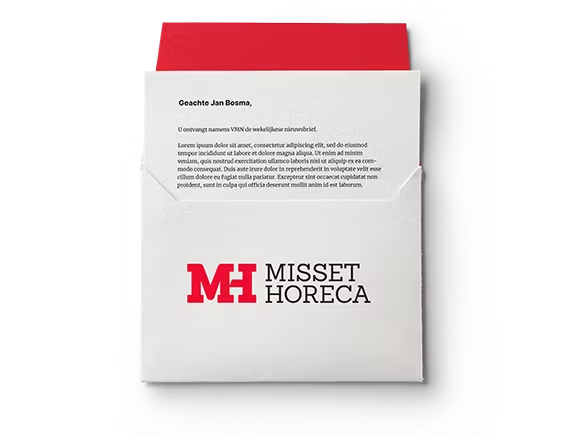'It's the Internet.' Yesawich told local industry leaders during the Greater Phoenix Convention and Visitors Bureau's annual tourism summit that technology has permanently changed the way Americans shop for vacations.
Hoteliers and other tourism stakeholders met at The Phoenician resort to discuss the turbulent times and hear the travel guru's assessment. While the staggering economy kept business travelers grounded for the last two years, hoteliers increasingly hawked empty rooms online at a discount hoping to fill them up at the last minute, Yesawich said.
And increasingly, leisure travelers found them and bought them, he said. Now online vacation shopping has become the norm as would-be travelers are hooked on browsing for bargains, he said. Yesawich's National Travel Monitor survey -- the last version was conducted in March -- found that 61 percent of vacationers who said they would cancel travel plans because of the Iraq war 'would take a trip anyway if the discount was good enough.'
Of all those surveyed, 57 percent said getting the lowest price is very important in making vacation plans. And eight of 10 said they always try to negotiate the best price at hotels. 'Cheaper is chicer', Yesawich said. 'Americans are going to Costco in droves.' The Internet gives bargain hunters a way to easily compare airline fares and room rates to get the best deal, he said. The proof is in the poll.
Yesawich said 65 percent of business travelers said they use the Internet to plan trips, and 57 percent of leisure travelers do. That's a 10 percent increase in just the last year, he said. It also indicates that brand loyalty is being replaced by price loyalty in travelers' minds, Yesawich said.
Local hoteliers have watched the national trend play out in the Valley. 'More of our reservations are coming through the Internet', said Steve Ast, general manager of the Arizona Biltmore Resort Hotel in Phoenix. 'People are looking for price. It definitely has had an effect on our average daily rate, especially during the softer economic period.' But Ast said that when the economy improves, hotels will be able to create unusual experiences for guests and raise prices by adding value to the visit, he said.
Yesawich said the ability to customize nearly everything from a pair of pants to a Caribbean cruise is also an Internet perk that has captured Americans' fancy. He said that while Americans are looking for value, they are also looking for new experiences. In the Travel Monitor survey, '38 percent were willing to pay 20 percent more for customized services', Yesawich said. 'This is a great opportunity to personalize travel experiences.'
The Mesa Convention and Visitors Bureau already has tapped into that concept, said Robert Brinton, the bureau's director. 'We have a shopping cart feature, where you can add a museum or a round of golf', Brinton said. In March, the Mesa Web site got 340,000 hits, Brinton said. The Greater Phoenix Convention and Visitors Bureau is also ramping up its Web site, said spokesman Doug MacKenzie. 'The Internet is the next generation for researching and purchasing travel', he said. 'It's a good market driver.'
'It's the Internet.' Yesawich told local industry leaders during the Greater Phoenix Convention and Visitors Bureau's annual tourism summit that technology has permanently changed the way Americans shop for vacations.
Hoteliers and other tourism stakeholders met at The Phoenician resort to discuss the turbulent times and hear the travel guru's assessment. While the staggering economy kept business travelers grounded for the last two years, hoteliers increasingly hawked empty rooms online at a discount hoping to fill them up at the last minute, Yesawich said.
And increasingly, leisure travelers found them and bought them, he said. Now online vacation shopping has become the norm as would-be travelers are hooked on browsing for bargains, he said. Yesawich's National Travel Monitor survey -- the last version was conducted in March -- found that 61 percent of vacationers who said they would cancel travel plans because of the Iraq war 'would take a trip anyway if the discount was good enough.'
Of all those surveyed, 57 percent said getting the lowest price is very important in making vacation plans. And eight of 10 said they always try to negotiate the best price at hotels. 'Cheaper is chicer', Yesawich said. 'Americans are going to Costco in droves.' The Internet gives bargain hunters a way to easily compare airline fares and room rates to get the best deal, he said. The proof is in the poll.
Yesawich said 65 percent of business travelers said they use the Internet to plan trips, and 57 percent of leisure travelers do. That's a 10 percent increase in just the last year, he said. It also indicates that brand loyalty is being replaced by price loyalty in travelers' minds, Yesawich said.
Local hoteliers have watched the national trend play out in the Valley. 'More of our reservations are coming through the Internet', said Steve Ast, general manager of the Arizona Biltmore Resort Hotel in Phoenix. 'People are looking for price. It definitely has had an effect on our average daily rate, especially during the softer economic period.' But Ast said that when the economy improves, hotels will be able to create unusual experiences for guests and raise prices by adding value to the visit, he said.
Yesawich said the ability to customize nearly everything from a pair of pants to a Caribbean cruise is also an Internet perk that has captured Americans' fancy. He said that while Americans are looking for value, they are also looking for new experiences. In the Travel Monitor survey, '38 percent were willing to pay 20 percent more for customized services', Yesawich said. 'This is a great opportunity to personalize travel experiences.'
The Mesa Convention and Visitors Bureau already has tapped into that concept, said Robert Brinton, the bureau's director. 'We have a shopping cart feature, where you can add a museum or a round of golf', Brinton said. In March, the Mesa Web site got 340,000 hits, Brinton said. The Greater Phoenix Convention and Visitors Bureau is also ramping up its Web site, said spokesman Doug MacKenzie. 'The Internet is the next generation for researching and purchasing travel', he said. 'It's a good market driver.'




